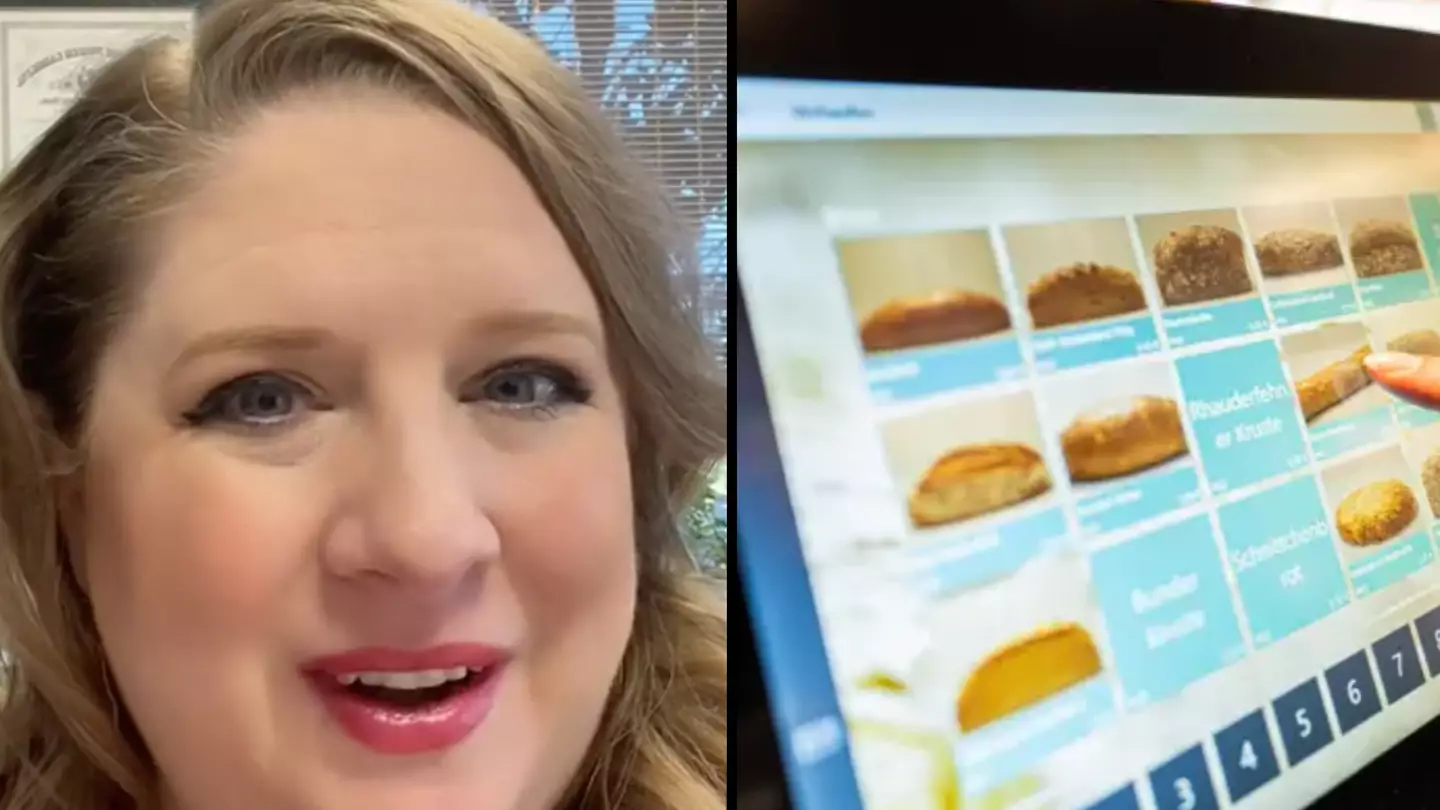
A lawyer has shared the reason why she never uses self-checkout scanners, and it's a reason not many of us will have even thought about.
They can be convenient when you're in a rush and don't have many things in your basket, but this lawyer has warned that using the self-checkout is more risky than it seems.
Self-checkouts are already vulnerable to one particular kind of crime. Customers will pick up a more expensive item like an avocado, but put it through the machine as something cheaper such as onions.
Advert
However, it has been warned that you could end up in hot water - even if you're not trying to do anything illegal.
Lindsey Granados, who goes by the username @ldbglawyer on TikTok, has warned that faults in the machines can cause problems.

She said: "Those machines are faulty in a lot of ways and they are not particularity sensitive and they will unfortunately not scan items from time to time."
Advert
She added: "I can't tell you how many clients I've talked with that have been charged with larceny, because one of those machines didn't scan appropriately.
“Why would you steal with someone else's money who's paying for it?"
Unfortunately even if you weren't intending to do anything wrong, people don't always believe the explanations.
Professor Adrian Beck, of the University of Leicester, works with supermarkets on the tricks people use.
Advert
He told the Mail: "People make excuses for why they haven’t followed the rules such as 'there were problems with a barcode', or 'they made me use this machine and I tried my best but it didn’t work'."
In UK law, there is a principle called 'mens rea' (literally 'guilty mind'), or criminal intent, which can be applied to some less serious crimes.

So for example if you take four oranges but accidentally only pay for three then you didn't have criminal intent, which can go in your favour if you can prove it. However, if you only paid for three oranges but knowingly snuck another one into your bag, that's criminal intent.
Advert
Nonetheless, Granados warned that even the accusation of a crime can have a catastrophic impact.
She said: "You would be surprised what would 'hold up' in court. Regardless, it might not, but the accusation may be enough to derail someone’s life!"
So, next time you're at the self-checkouts make sure you check the screen to ensure that the item has scanned properly. Otherwise, you may have to start learning about 'mens rea' the hard way.
Featured Image Credit: TikTok/@ldbglawyer / PA / Alamy